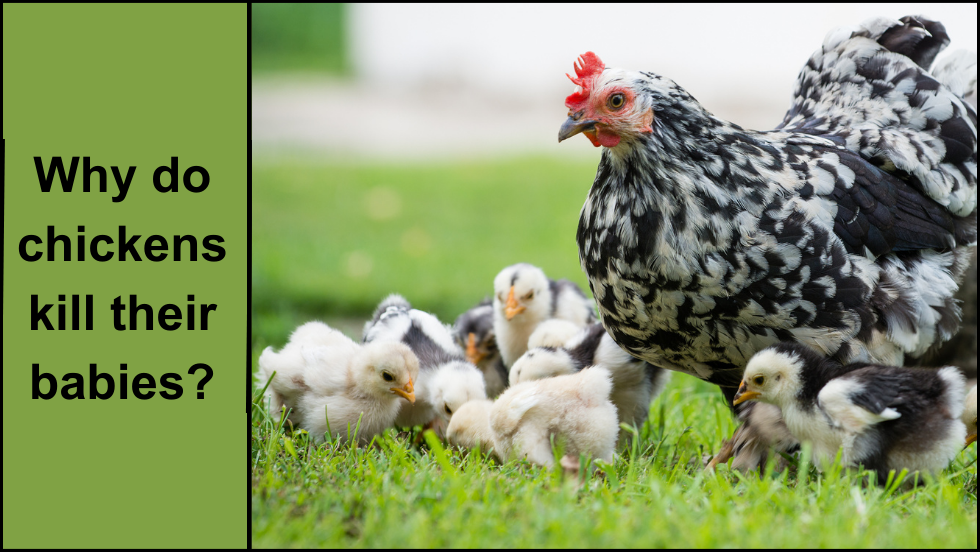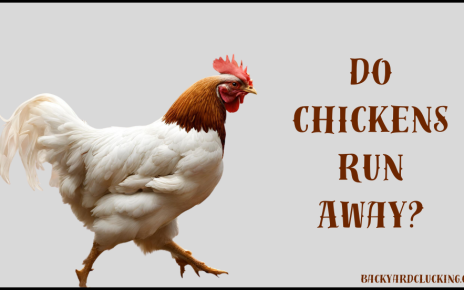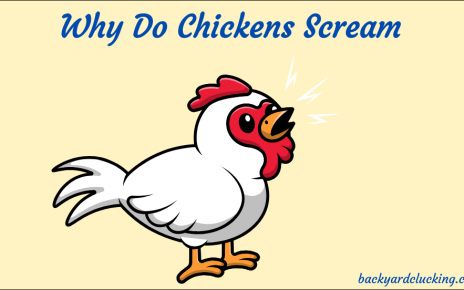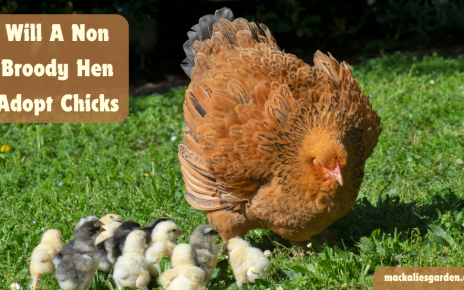Chickens can sometimes hurt or kill their chicks. This is called chick-culling. It’s shocking because hens are usually so nurturing. But it’s a normal reaction to different things in the chicken’s life, like stress or being in a small cage.
You must understand how chicken psychology and survival instincts work to understand chick-culling. Behaviors often respond to things in the chicken’s life, like stress or being in a small cage.
Why Do Chickens Kill Their Babies?
Chickens, like other birds, may sometimes exhibit an odd and harsh behavior known as “chick culling,” where they attack or kill their own offspring. This behavior can be attributed to several factors. Stress, overcrowding, or a lack of essential nutrients can lead to aggravated pecking behavior.
Interestingly, chickens have an instinctive response to blood and injuries, so if a chick is injured or appears weak, other chickens might attack. In rare cases, maternal aggression, where hens peck their young ones, may also occur if the hen perceives her babies as a threat. However, it’s important to note that this behavior isn’t common and is usually a response to specific environmental conditions or stressors.
What Causes Hens To Attack Their Chicks?
There are numerous factors contributing to this behavior, such as the natural instincts of the mother hen, genetic predisposition, environmental factors, and several notable behavioral patterns. One central reason is mother hen stress.
A highly stressed mother may be inclined to harm her chicks. Several environmental factors may induce stress levels in hens, such as an overcrowded or noisy nesting area, lack of access to food and water, handling by humans, or intimidation from predators.
Genetic predisposition plays a crucial role in this behavior as well. Some breeds, such as game breeds and flighty breeds, are known to exhibit heightened aggression in comparison with more domesticated breeds like Rhode Island Reds and Sussex chickens.
Additionally, the natural instincts of a mother hen might lead her to kill her weaker chicks. It is a common practice in nature for parents to cull the weakest offspring in order to ensure the survival of the fittest and the sustainability of the family. This can be attributed to the limited resources available for chick rearing and the need to maximize the mother’s energy investment.
Read more Do Hens Eat Their Chicks?
Do chickens consume their young?
Chickens are not widely recognized as the most intelligent birds on the planet, which explains why their acts of infanticide and cannibalism are often unintentional.
In many cases, eggs from domesticated chickens break due to overcrowding in the coop, and a chicken may accidentally consume them without realizing what they are. Unfortunately, this can lead to a chicken developing a preference for eggs and even sharing that behavior with others.
However, it is worth noting that these animals primarily eat their young when they suffer from a calcium deficiency. Ironically, the lack of calcium also contributes to the fragility of eggshells, exacerbating the issue and causing frustration for chicken farmers.
To address this, many farmers employ decoys to alter the behavior of chickens. Interestingly, many chickens are unable to distinguish between an egg and a golf ball, so they can be deterred from consuming their own eggs after experiencing the difficulty of breaking a golf ball. Additionally, some farmers utilize specially crafted dummy eggs as a means to discourage their fowl.
What can I do to prevent my chickens from attacking one another?
Preventing aggressive behavior involves several strategies:
- Provide Adequate Space: Ensure your chickens have enough room to move around. Too Short space can make them stressed and aggressive.
- Balanced Diet: Give your chickens a balanced diet with vital nutrients to avoid aggressive behavior.
- Stress-Free Environment: Minimize stress by avoiding sudden changes in the environment. This includes temperature, noise, or adding new members.
- Monitor Health: Regularly check for signs of illness in chickens. Separate any sick birds from the coop since they can be attacked.
Separate Chicks From Hens Or Remove Them
Chickens have a social hierarchy called the “pecking order.” This is maintained by pecking. If this is interrupted, then the chickens can become aggressive.
If aggressive manners get worse, separate the chicken for a while. This gives it time to calm down, and often comes back more peacefully.
Watch your flock’s behavior to see if they’re distressed or aggressive. If you find that they are, you can take steps to fix it, which will help the flock.
FAQs
Why do some chickens kill their babies?
Some chickens may kill their babies due to stress, illness, or overcrowding. Stress can make the chicken erratic; conditions may cause the chicken to feel like protecting the flock, and overcrowding can cause the chickens to compete and fight.
Do mother hens peck their babies?
Mother hens often peck their chicks to help them learn and understand their environment. But if the pecking is aggressive and frequent, it may be a sign of stress or overcrowding. It would help if you addressed that.
Do baby chickens kill each other?
Sometimes, baby chickens fight, especially when there’s a big difference in size, or the environment is stressful. If this happens, it can go very badly if not managed well, so keeping things calm and peaceful is important.
Conclusion
Knowing chicken behavior can be challenging but can be done with observation and management. Most of these behaviors are because of instinctual survival mechanisms, not because of a malicious disposition.
By creating a stress-free, spacious environment with balanced dietary provisions, you can ensure the flock is healthy and reduce instances of chick-culling.




